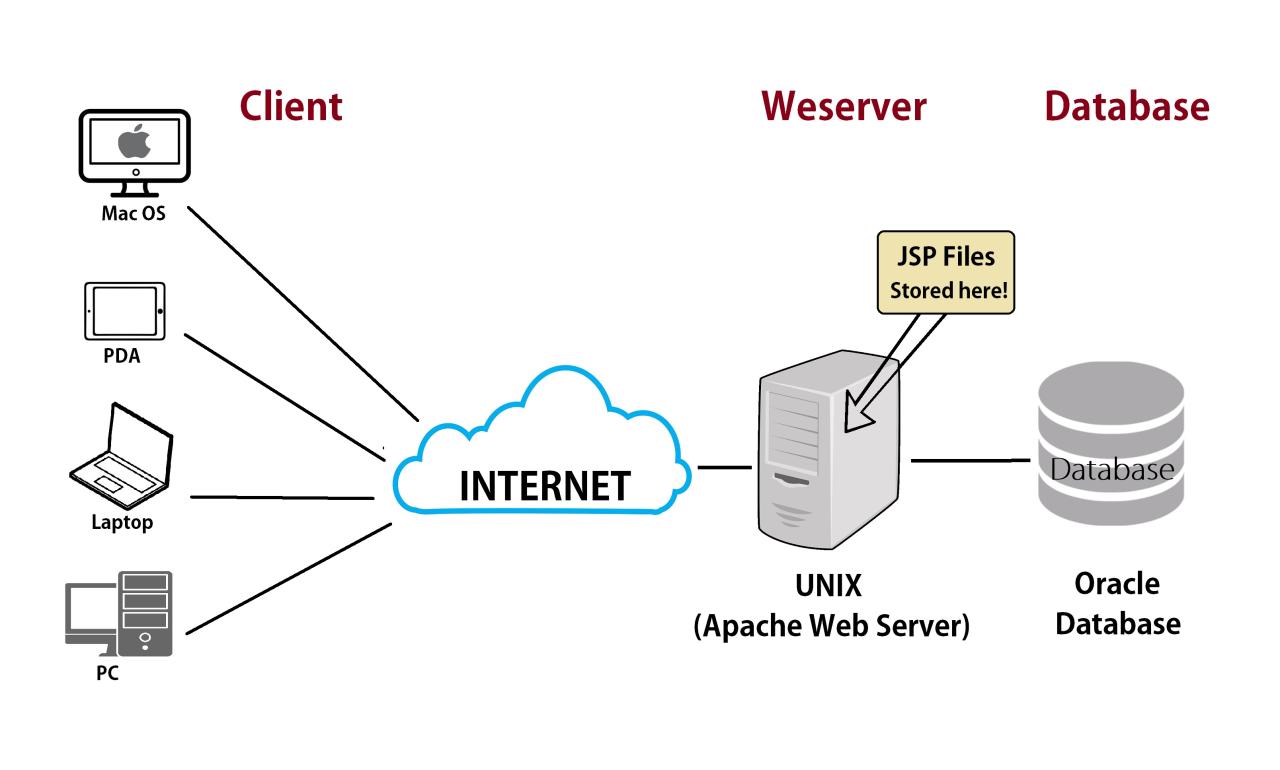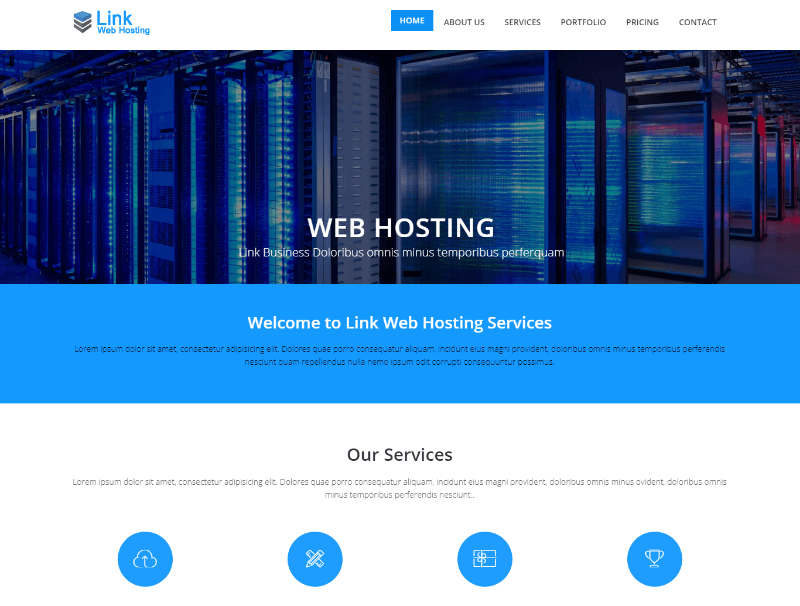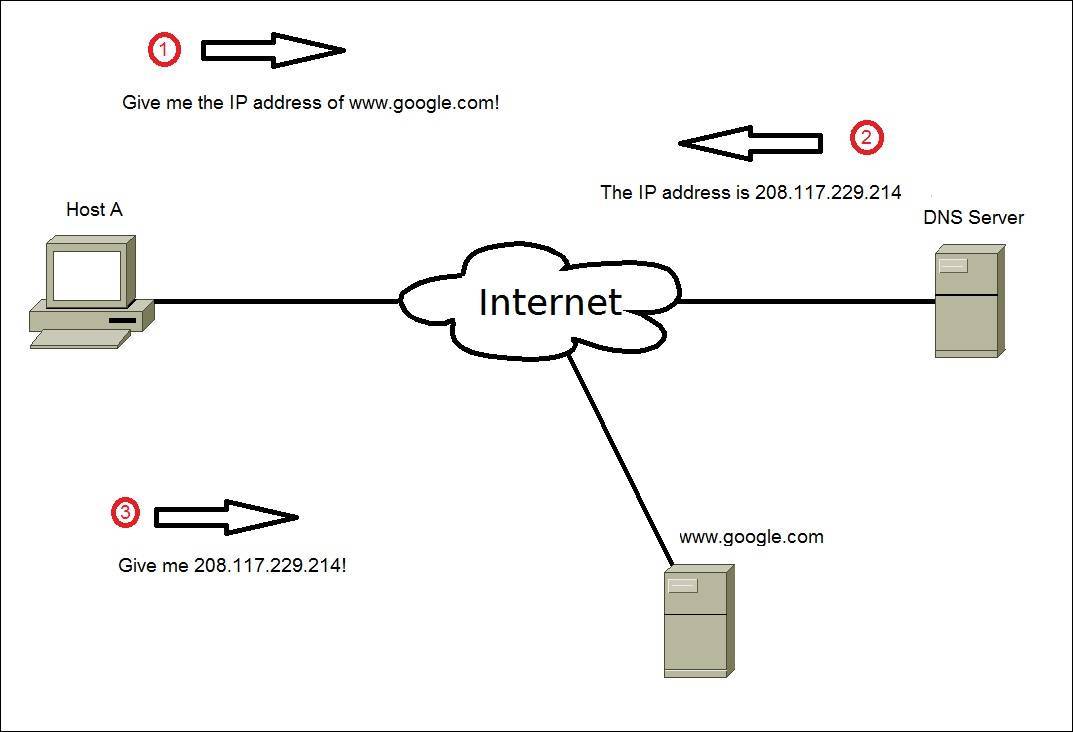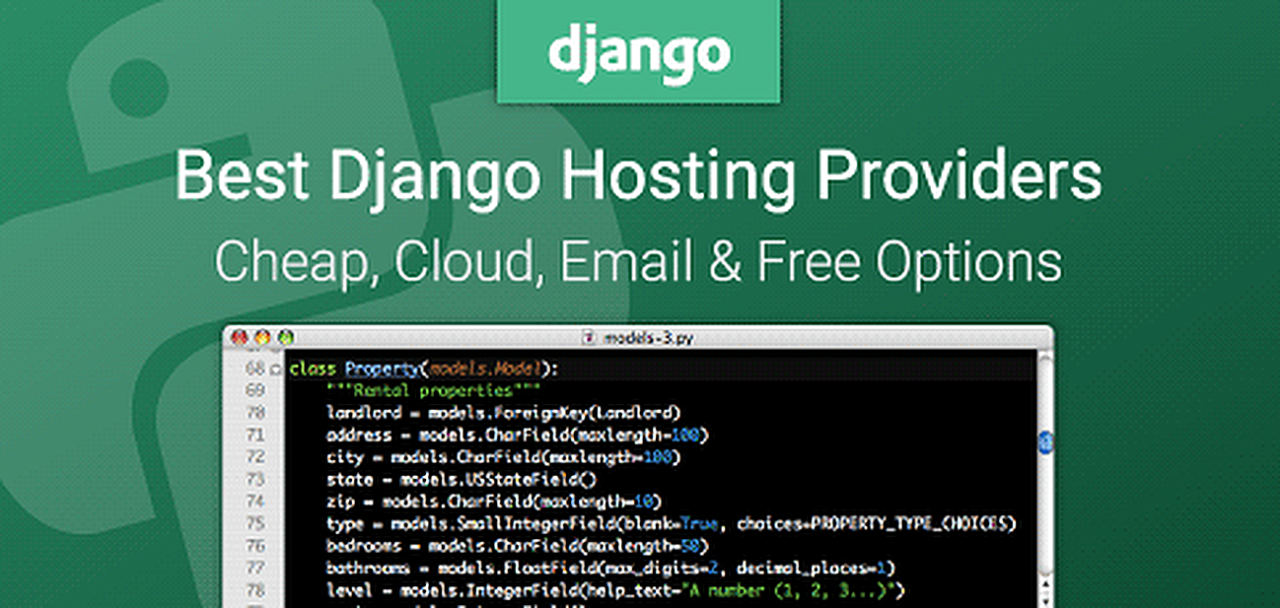Host your own website and unlock a world of possibilities! Whether you’re a seasoned professional or a curious newbie, building your own online presence offers a sense of empowerment and control. This comprehensive guide will equip you with the knowledge and skills to launch your website with confidence, from choosing the right hosting plan to creating compelling content and marketing your site to the world.
Navigating the world of website hosting can seem daunting at first, but with the right information and guidance, you’ll be surprised at how easy it is to bring your digital vision to life. This guide will walk you through each step of the process, from understanding the different types of hosting available to mastering website security and analytics. By the end, you’ll be well-equipped to create a website that not only looks great but also performs exceptionally well.
Understanding Website Hosting
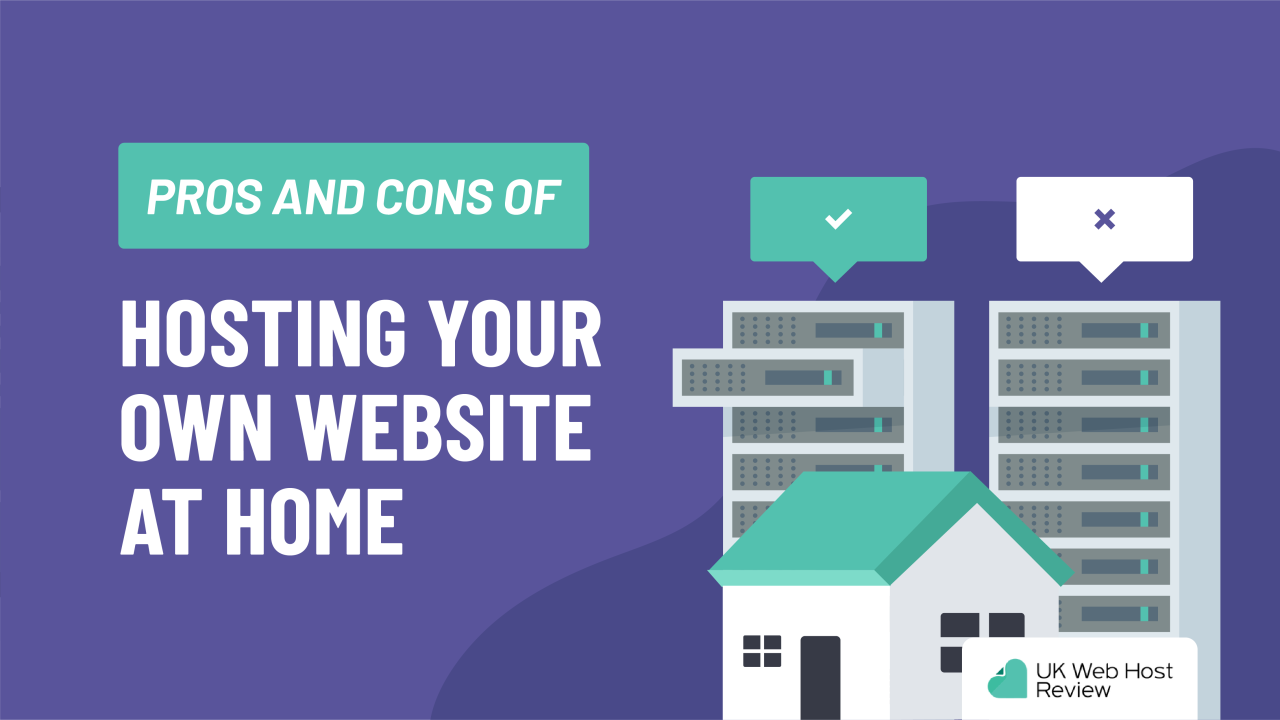
Website hosting is essential for making your website accessible to the world. It involves storing your website’s files on a server, which is a computer connected to the internet. When someone visits your website, their browser connects to the server and retrieves the necessary files to display your website.
Types of Website Hosting
Different types of website hosting cater to different needs and budgets. Here’s a breakdown of the most common types:
- Shared Hosting: The most affordable option, shared hosting involves sharing server resources with other websites. This means that your website’s performance can be affected by the activity of other websites on the same server.
- VPS Hosting: Virtual Private Server (VPS) hosting provides a virtualized environment on a physical server. You have dedicated resources, offering better performance and security compared to shared hosting.
- Dedicated Hosting: With dedicated hosting, you have an entire server dedicated to your website. This provides the highest level of performance, security, and control, but it is also the most expensive option.
- Cloud Hosting: Cloud hosting uses a network of servers to distribute your website’s resources. This offers scalability, flexibility, and high availability, making it suitable for websites with fluctuating traffic.
Comparing Hosting Types
| Hosting Type | Features | Pros | Cons |
|---|---|---|---|
| Shared Hosting | Shared server resources, limited control | Most affordable, easy to set up | Performance can be affected by other websites, limited resources, less secure |
| VPS Hosting | Virtualized environment, dedicated resources, more control | Better performance than shared hosting, more secure, more control | More expensive than shared hosting, requires some technical knowledge |
| Dedicated Hosting | Entire server dedicated to your website, complete control | Highest performance, most secure, full control | Most expensive, requires technical expertise |
| Cloud Hosting | Network of servers, scalability, flexibility, high availability | Scalable, flexible, highly available, good for websites with fluctuating traffic | Can be more expensive than other options, requires some technical knowledge |
Factors to Consider When Choosing a Hosting Plan
Several factors influence the choice of a hosting plan. Consider these aspects:
- Website Traffic: Estimate the expected traffic to your website. Shared hosting might suffice for low traffic, while VPS or dedicated hosting is recommended for high traffic websites.
- Website Resources: Assess the resources your website needs, such as storage space, bandwidth, and processing power. Different hosting plans offer varying resource allocations.
- Budget: Determine your budget for website hosting. Shared hosting is the most affordable, while dedicated hosting is the most expensive.
- Technical Expertise: Evaluate your technical expertise. Shared hosting is user-friendly, while VPS and dedicated hosting require some technical knowledge.
- Security: Prioritize security, especially for websites handling sensitive information. Dedicated hosting offers the highest security, while shared hosting can be more vulnerable.
Domain Names: Host Your Own Website
Your domain name is your website’s online address, the unique identifier that visitors use to find you on the internet. It’s crucial to choose a domain name that accurately reflects your website’s content and resonates with your target audience.
Choosing a Relevant Domain Name
A relevant domain name is essential for building brand recognition and attracting the right visitors. It should clearly communicate what your website is about and make it easy for people to remember and find you.
Selecting a Memorable and Available Domain Name
Here are some tips for selecting a memorable and available domain name:
- Keep it short and simple: Shorter domain names are easier to remember and type. Avoid using complex words or long phrases.
- Use s: Include relevant s that describe your website’s content. This can help people find you through search engines.
- Make it easy to spell: Choose a name that is easy to spell and pronounce.
- Check for availability: Before registering a domain name, ensure it is available. Use a domain name registrar’s website to check for availability.
- Consider different extensions: The most common domain extension is .com, but there are many other options available, such as .net, .org, and .info. Choose an extension that is relevant to your website’s purpose.
Registering a Domain Name, Host your own website
Registering a domain name is a straightforward process. You can register a domain name through a domain name registrar. These registrars offer various services and pricing plans. Here’s a general Artikel of the process:
- Choose a domain name registrar: Popular registrars include GoDaddy, Namecheap, and Google Domains.
- Search for your desired domain name: Enter your preferred domain name into the registrar’s search bar.
- Select your domain extension: Choose the appropriate extension for your website.
- Complete the registration process: Provide your personal information and payment details to complete the registration.
- Confirm your registration: You will typically receive an email confirmation to finalize the registration process.
Last Point

Creating your own website is a journey of learning, creativity, and endless possibilities. As you embark on this exciting adventure, remember that the key to success lies in careful planning, consistent effort, and a passion for sharing your unique voice with the world. With the right tools and strategies, you’ll be well on your way to building a website that not only serves your needs but also resonates with your target audience. So, dive in, explore the world of website hosting, and let your online presence flourish!
Hosting your own website gives you the freedom to showcase your creativity. Whether you’re a budding artist, a passionate writer, or simply enjoy crafting, your website can be a platform to share your work with the world. Why not add a section dedicated to cute crafts to inspire your visitors and connect with other enthusiasts?
With your own website, you’re in control of the content and can tailor it to your unique passions, making it a truly personalized space.

